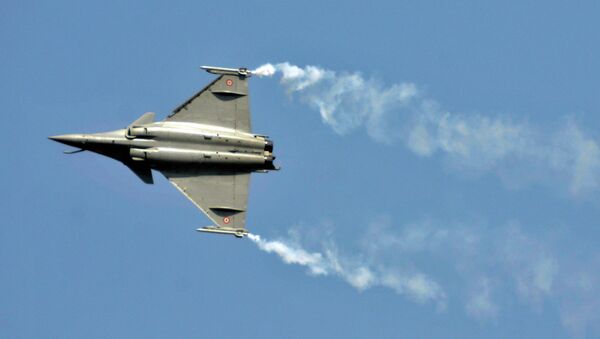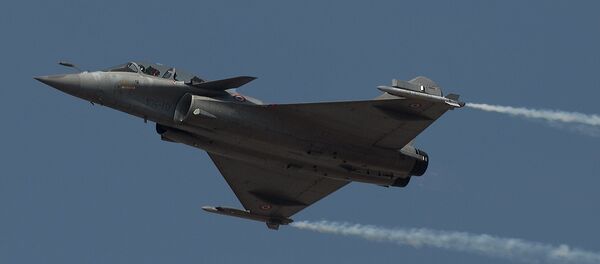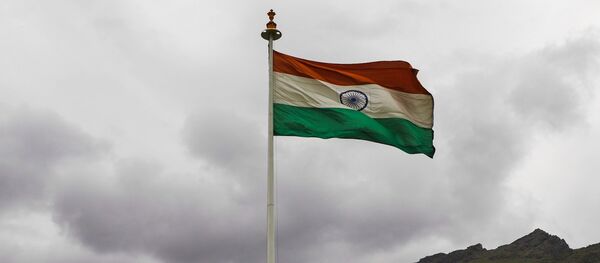But it failed to produce sufficient thrust to power a fighter and eventually stalled because India lacked the expertise to make alloys that can withstand high temperatures while advanced nations were unwilling to part with the technology. India has been compelled to import engines from General Electric of the US to power the Tejas.
"Non-availability of raw materials, critical components, lack of infrastructure and test facilities within the country and non-availability of skilled / technical manpower in the field of aero-engine technology are some of the major reasons for non-completion of project within the time schedule," says Manohar Parrikar, India's Minister for Defense in the Upper House of Parliament.
After months of negotiations, French firm Safran has agreed to assist India in making the Kaveri engines flight-worthy. As Safran also makes engines for Rafale fighter jets, the Kaveri deal is part of the offset clause that requires the French firm to invest half of the Rafale deal in India.
The Kaveri Engine project was sanctioned in 1989 with probable date of completion of 1996, which was extended to 2009. India has spent $315 million on the project. DRDO had conducted 73 hours high altitude testing and 57 hours of trial on a Flying Test Bed. Indian scientists had developed a total of nine engine and four core engine prototypes and accumulated over 2,550 hours of engine testing. Kaveri was integrated with the Russian IL-76 heavy lift aircraft and its trial was considered successful.




